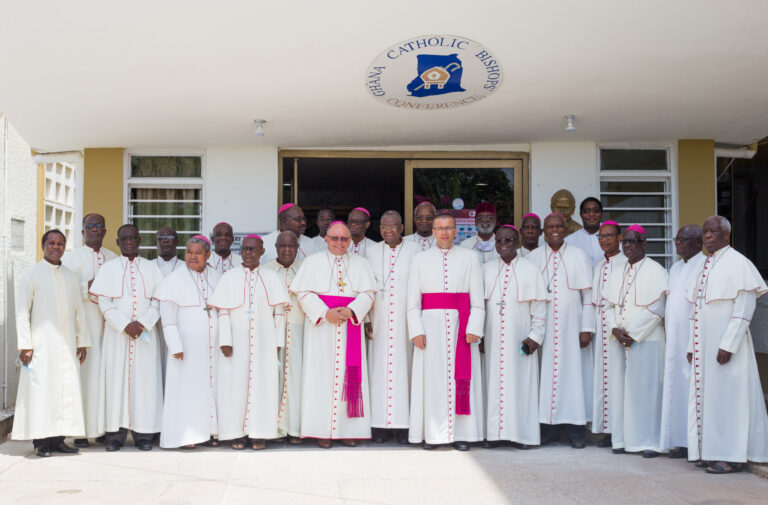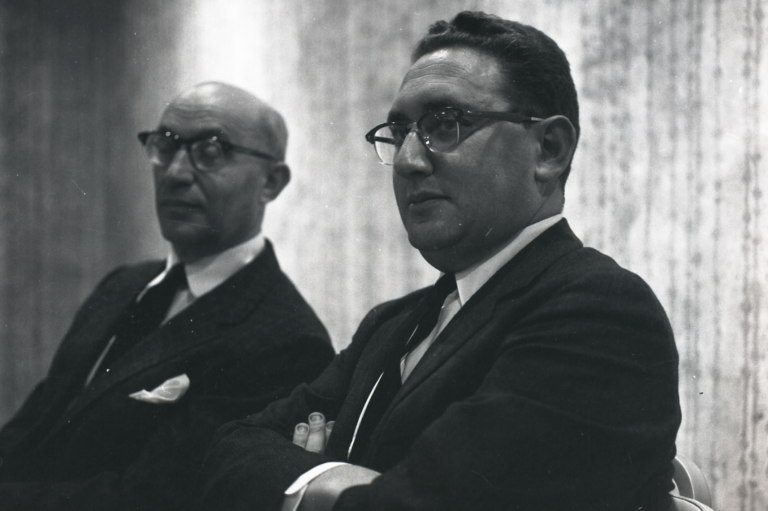For almost a century, the Constitution of Ireland, the land of Saint Patrick, has protected both the rights of the family and the rights of mothers who choose to stay at home to raise their children.
Unfortunately, Irish Prime Minister Leo Varadkar considered these provisions to be obstacles to progress, and scheduled a nationwide vote on March 8th to “modernize” the language of both passages.
The government’s campaign culminated in two referendums, each proposing to amend the Constitution first adopted in 1937. But to everyone’s surprise, the Irish people answered with a spectacular and resounding “No!”
The Constitution of Ireland defines and protects marriage in Clause 41.3.1: “The State pledges itself to guard with special care the institution of Marriage, on which the Family is founded, and to protect it against attack.”
Article 41.2:1 guarantees specific protections for the unique role of women: “In particular, the State recognizes that by her life within the home, woman gives to the State a support without which the common good cannot be achieved. 2. The State shall, therefore, endeavor to ensure that mothers shall not be obliged by economic necessity to engage in labor to the neglect of their duties in the home.”
The text of the proposed referendums gutted both provisions.
In the first referendum, voters were asked to remove the Constitution’s reference to marriage as the basis “on which the family is founded” and replace it with a clause stating that families can be founded “on marriage or on other durable relationships,” such as cohabiting couples and their children, including gay “marriage”.
Peadar Tóibín, leader of the Aontú party, said the government’s wording was so vague that it would lead to endless legal confusion. Most people “do not know what the meaning of a durable relationship is,” he said.
The second referendum, known as the “Care Amendment,” proposed to replace the mention of mother’s “duties in the home” with a clause recognizing care provided by family members to one another. In other words, to erase altogether the protection and even the mention of women in the Constitution.
Dr. David Thunder, an Irish analyst and university researcher, tells PRI: “The so-called ‘Care’ amendment was essentially a piece of window-dressing to make a symbolic recognition of the role of mothers in the home sound more inclusive – not by adding a mention of fathers, nor by tangibly enlarging the rights of caregivers, but rather, by eliminating the only mention of ‘mother’ from the Irish Constitution.”
Given Catholic Ireland’s progressive drift in recent years – reaching its peak with the legalization of abortion in 2018 – most Irish expected the progressive government to win the referendums, with both marriage and the protection of mothers disappearing from the Constitution. Public polling reflected the same sentiment. The government supported the referendums and the Prime Minister vigorously campaigned for them.
Everyone was shocked by the results.
The double referendum took place during the celebrations for International Women’s Day, and the government campaign promised that their adoption would free women from the 1937 constitution’s “old bonds.”
The government derisively argued that the current constitution puts women “in the kitchen,” recalling the bitter slogan of feminist hero Simone de Beauvoir, who mocked “children, church, and kitchen,” all three the targets of her lifelong radical efforts.
The Constitution’s text, however, reads otherwise, stating that the Irish state undertakes to take care of mothers who choose (voluntarily) to stay at home to exercise their motherhood. Women thus have the “freedom to choose,” ensuring that if the mother chooses the home, the government must support her, rather than implying that she lacks true femininity.
In the end, the astounding result constitutes a monumental defeat in favor of tradition and honest language. The proposal to expand the definition of family from a relationship founded on marriage to include other durable relationships was rejected by 67.7% to 32.3%. The proposal to replace language surrounding a woman’s duties in the home with a clause recognizing the role of family members in the provision of care was rejected by 73.9% to 26.1% (this is the highest referendum majority in Irish history).
Speaking to reporters in Dublin, Prime Minister Leo Varadkar said voters had given his government “two wallops” – an impact so great, in fact, that a week later he resigned from office.
Something important is changing in the Irish political landscape. As Senator Ronan Mullen said, Irish citizens resist despite being pressured by tactics to act against their own better judgment: “Faced with secretly drawn-up proposals to dilute the significance of marriage for family life, and to dishonor women and motherhood by removing the only direct reference to their interests in Bunreacht na hÉireann [The Constitution of Ireland], and observing the ruthless way in which debate on these proposals was suppressed in the Dáil [parliament] and Seanad [senate], the people have – I think it is fair to say – snapped back. They weren’t confused. They knew what they were voting for. They didn’t like it. And they rejected it massively. The Irish people can be led. But they won’t be pushed.”
The Irish will be voting in national elections next year. Given the clear message sent by the rejection of both proposals, the parties currently in the majority will be walking a thin line indeed.
Have the Irish people had enough of the progressives? Let’s hope that this earthquake represents the beginning of a return of the true Irish spirit in this great cradle of Catholic peoples.
******











